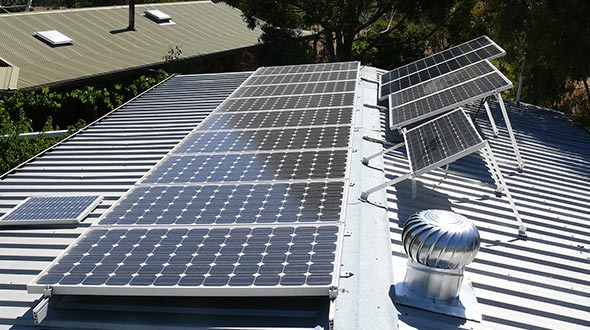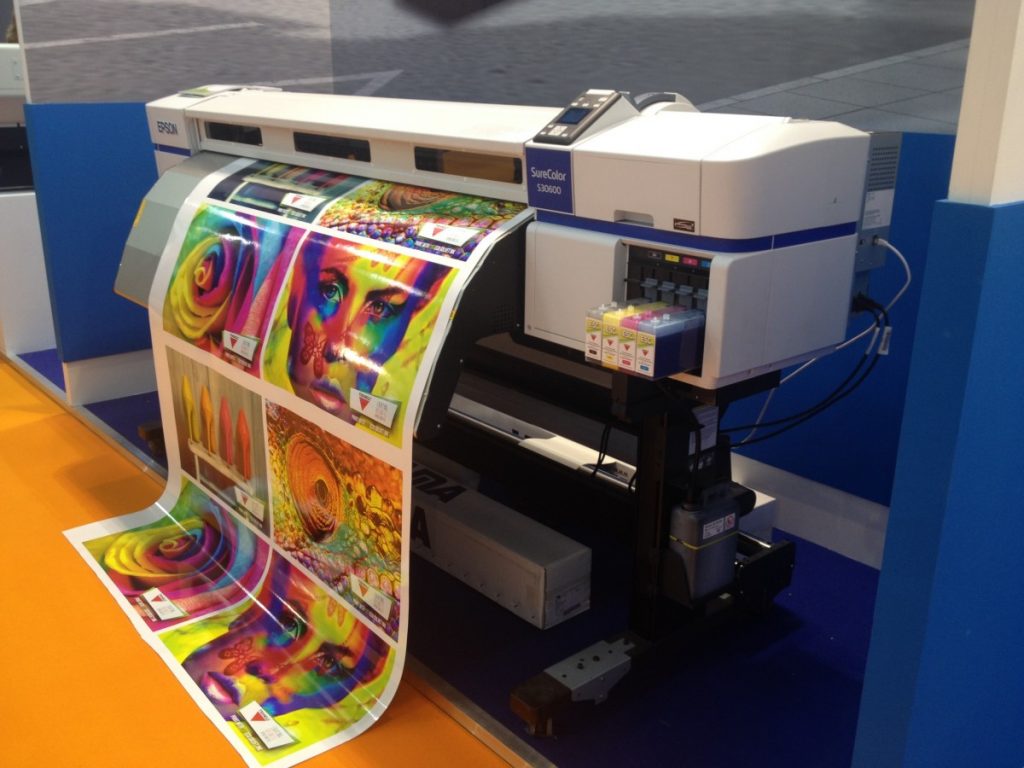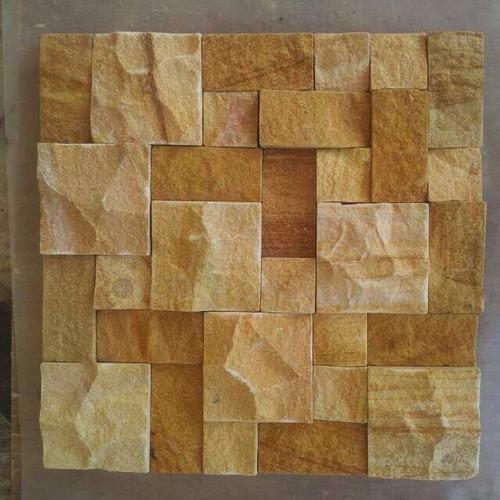Business
Plumbing Myths Busted: Separating Fact from Fiction

The world of plumbing is full of myths and misconceptions that can lead homeowners astray and even cause costly plumbing mistakes. During the house renovation, a reputable plumbing company was hired, which also specializes in basement waterproofing toronto, to ensure a dry and leak-free lower level. In this article, we will debunk some common plumbing myths, separating fact from fiction to help you make informed decisions and take better care of your plumbing system.
Lemon Peels in the Garbage Disposal Keep It Clean
Fact: While lemon peels may leave a fresh scent in the garbage disposal, they do not effectively clean it. In fact, putting citrus peels down the disposal can lead to clogs and damage. Instead, use ice cubes and a small amount of dish soap to clean the disposal blades and remove odors.
You Can Flush Flushable Wipes
Fact: Despite their name, flushable wipes should not be flushed down the toilet. These wipes do not break down as easily as toilet paper and can cause blockages in your plumbing and sewer systems. Dispose of them in the trash to avoid potential clogs.
Running Water While Using the Garbage Disposal Helps It Work Better
Fact: Running water while using the garbage disposal is essential to help flush food particles down the drain, but excessive water is not necessary. A steady flow of water is sufficient to aid in the disposal’s operation. However, avoid putting large amounts of food waste down the disposal at once to prevent overloading it.

You Can Use a Brick in the Toilet Tank to Save Water
Fact: Using a brick in the toilet tank to save water is an outdated and inefficient practice. Bricks can deteriorate and cause damage to the toilet’s components. Instead, consider installing a modern, water-saving toilet or adjust the water level in the tank to conserve water without causing harm.
You Can Ignore Slow Drains
Fact: Slow drains are often a sign of an underlying plumbing issue, such as a partial clog or a blocked vent pipe. Ignoring slow drains can lead to complete blockages and potential water damage. Address slow drains promptly to prevent further complications.
In-Tank Toilet Cleaners Are Safe and Effective
Fact: In-tank toilet cleaners, such as bleach tablets, may seem convenient, but they can corrode the toilet’s internal components over time. Instead, opt for drop-in toilet bowl cleaners or use natural cleaning solutions like vinegar and baking soda to clean the toilet bowl.
You Can Use Hot Water to Dissolve Grease in Drains
Fact: Using hot water to dissolve grease in drains may provide a temporary fix, but it can still lead to clogs further down the sewer line. Grease eventually solidifies, causing blockages. To prevent grease buildup, dispose of cooking oil and grease in the trash, not down the drain.
All Plumbers Are the Same
Fact: Not all plumbers have the same level of expertise and experience. When hiring a plumber, research their qualifications, certifications, and customer reviews to ensure you choose a reputable professional.
Duct Tape Is Sufficient for Plumbing Repairs
Fact: While duct tape is handy for many household fixes, it is not suitable for permanent plumbing repairs. For plumbing issues, use appropriate materials such as plumber’s tape or pipe repair clamps to ensure a secure and lasting fix.
You Can Ignore Minor Leaks
Fact: No leak is too small to ignore. Even minor leaks can waste water and lead to water damage, mold growth, and higher water bills. Address leaks promptly to prevent further damage and conserve water.
Conclusion
Debunking plumbing myths is essential for maintaining a healthy plumbing system and avoiding unnecessary expenses. By separating fact from fiction, you can make informed decisions about how to care for your plumbing and prevent potential issues in the future.
















